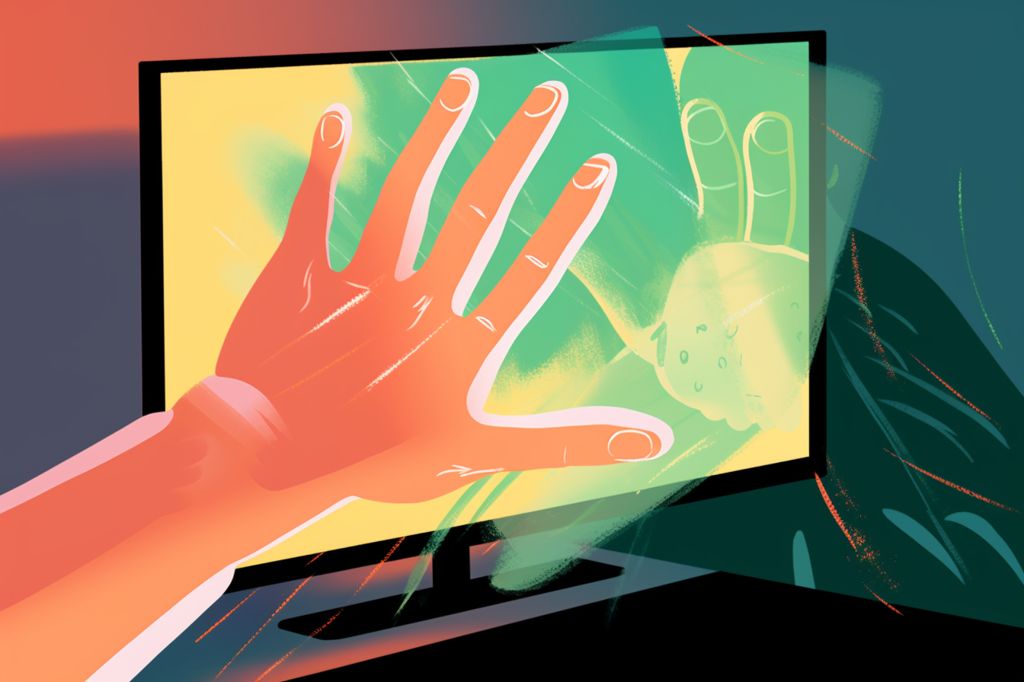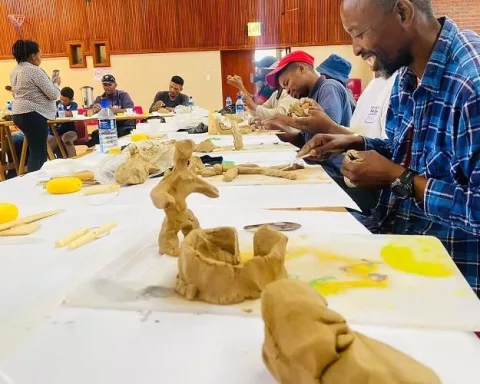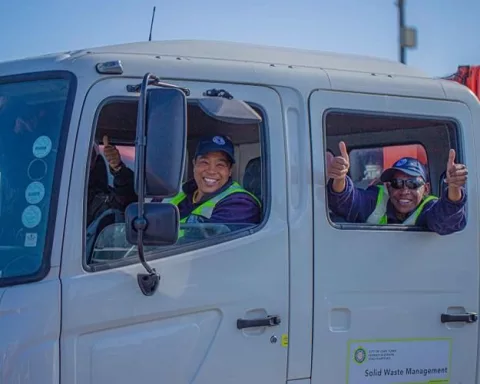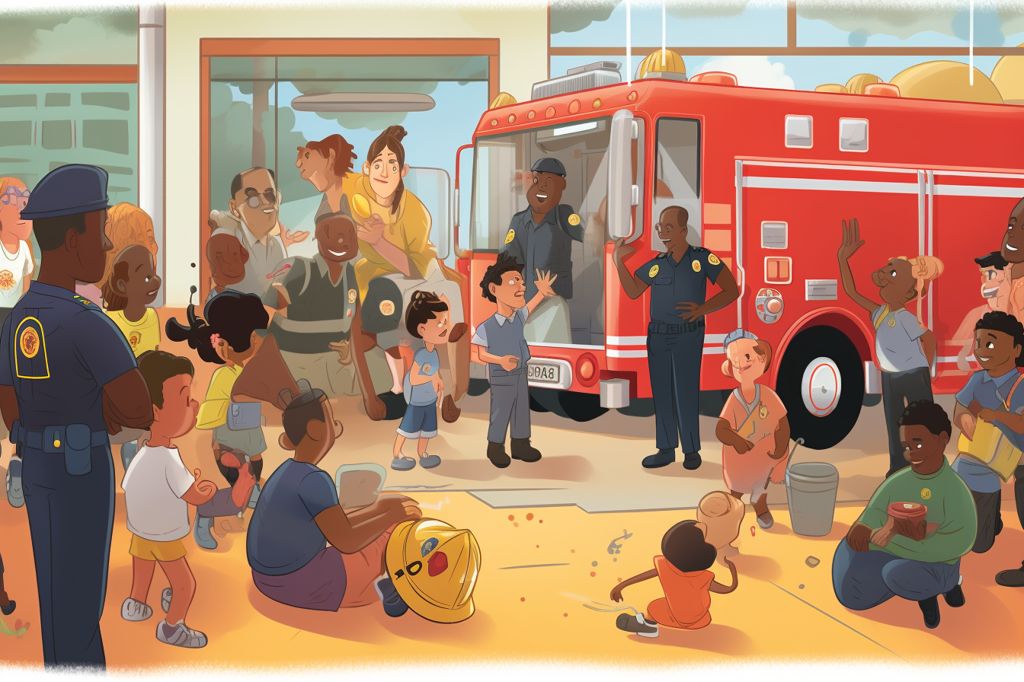Gender-based violence (GBV) is a severe issue in South Africa, where domestic violence affects one in four women. The role of media in promoting respect, equality, and non-violence is crucial to address this issue. However, recent events have highlighted the need for media houses to act responsibly in their portrayal of GBV.
Media’s Duty to Act Responsibly
While media houses may want to showcase the realities of life, they have a duty to do so responsibly. The recent ruling by the Broadcasting Complaints Commission of South Africa (BCCSA) against the producers of Isencane Lengane is a reminder of this responsibility. The episode that resulted in the fine crossed a line by featuring GBV without immediately denouncing it and identifying it as criminal conduct. Failure to correct or criticise the violence sends the message that such behaviour is acceptable in everyday life.
The BCCSA’s Message to Media Houses
The BCCSA’s ruling sends a clear message to media houses that they cannot be complicit in normalising GBV. While corrective measures were taken in the following episode, airing the episode in the first place indicates a lack of sensitivity towards a serious issue affecting many people in South Africa. Awareness and dialogue around GBV are essential, but it should be done in a way that does not perpetuate harmful myths and stereotypes.
The Way Forward for Media Houses
Media houses must take a proactive approach to address GBV. This includes denouncing GBV when it occurs and promoting messages of respect, equality, and non-violence. Positive role models who embody these values, success stories of people who have overcome GBV, and information on how to seek help and support should be highlighted. By doing so, media houses can play a vital role in creating a safer world for all.
Media’s role in addressing gender-based violence in South Africa is crucial. Media houses must act responsibly by denouncing GBV and promoting positive messages to create a safer world for all.












